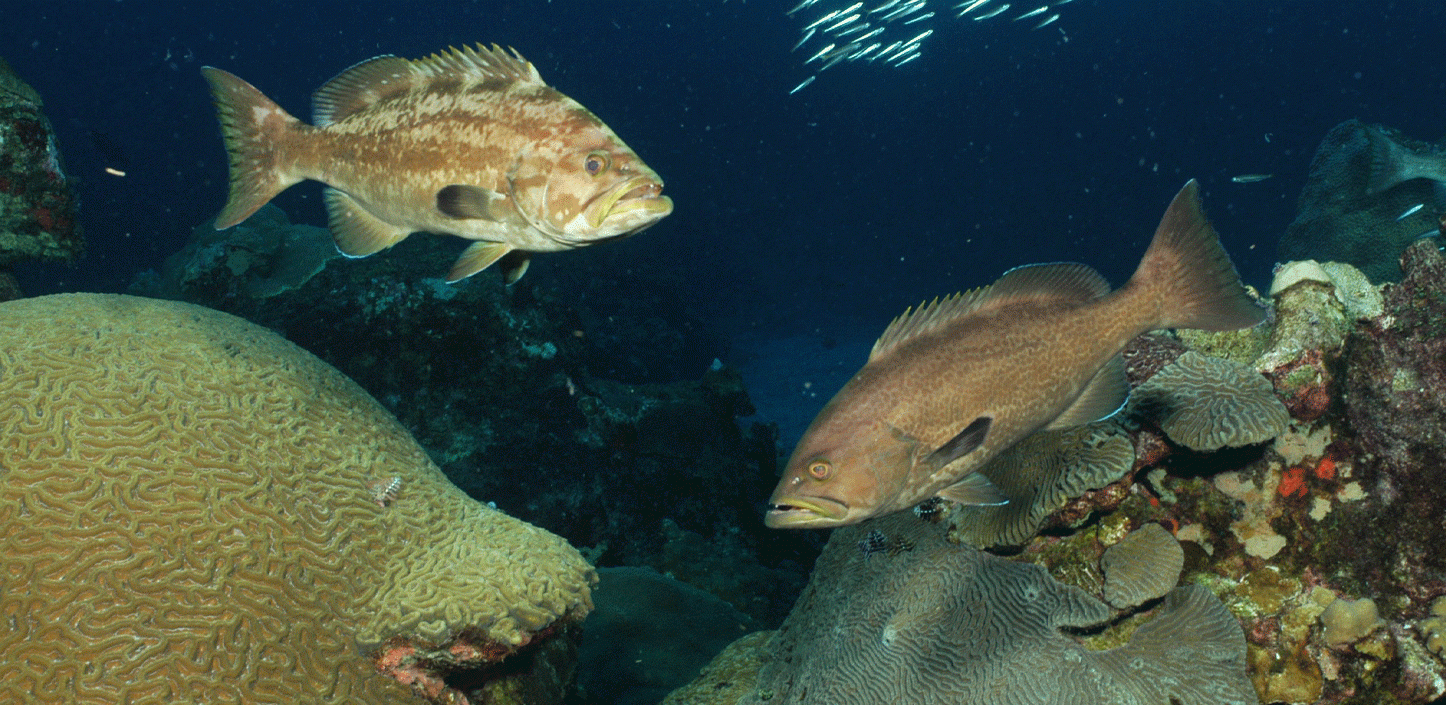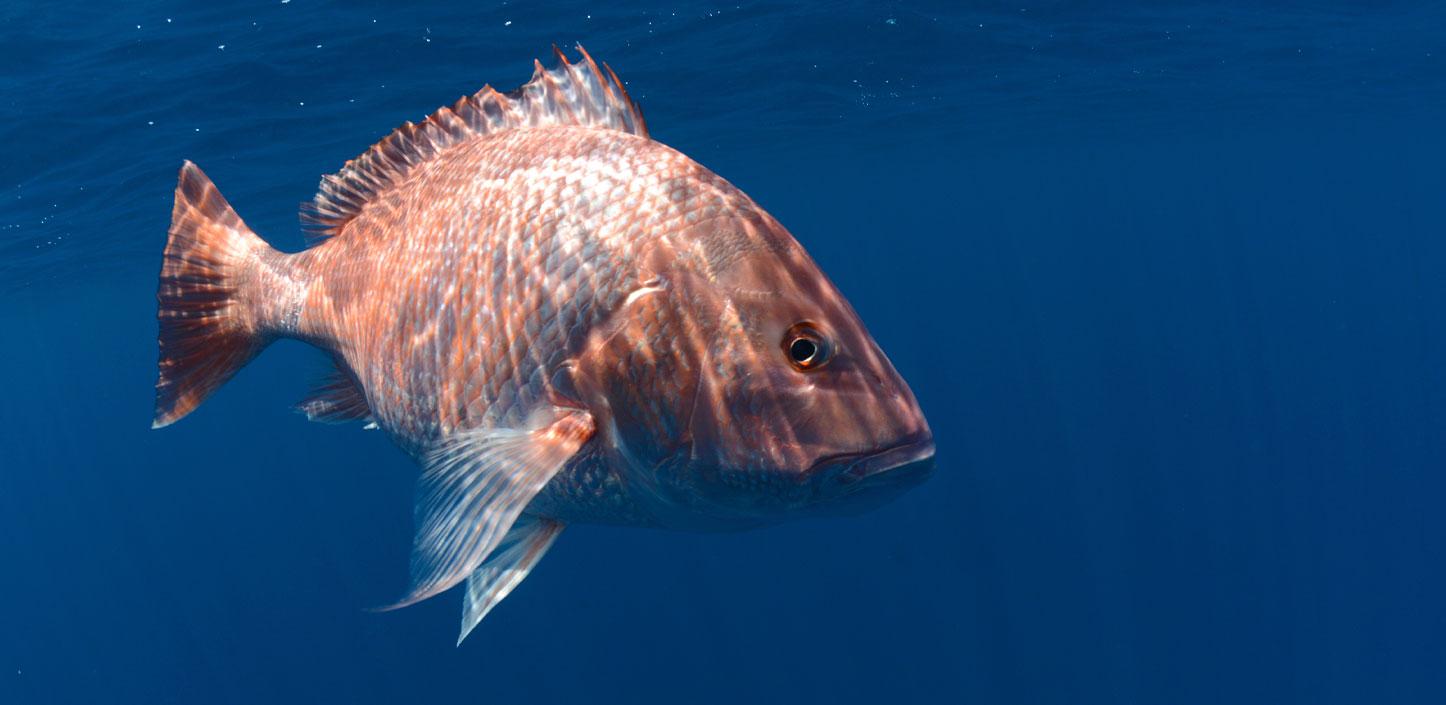
Improving Fisheries Conservation and Management in the Eastern Gulf
Results from five years of investment in fisheries monitoring and technology
The Deepwater Horizon oil spill resulted in an unprecedented injury to fishes in the Gulf. It is estimated that trillions of larval fishes died from exposure to oil and dispersants, resulting in a significant loss to the ecosystem. In 2013, as part of the settlement to resolve certain criminal charges against BP and Transocean, $2.54 billion was directed to be paid to the National Fish and Wildlife Foundation (NFWF) to conduct or fund projects that remedy harm or reduce the risk of future harm to Gulf Coast natural resources injured by the spill. NFWF subsequently established the Gulf Environmental Benefit Fund (GEBF) to identify, fund and administer these projects. Several Gulf Coast states were particularly interested in utilizing the GEBF to restore fishes impacted by the spill.
Starting in 2013, the GEBF provided a total of $45.5 million to the states of Florida, Alabama and Mississippi to enhance fishery independent and dependent monitoring, and improve management decisions that are expected to restore fishes. As these projects neared completion, NFWF and representatives from Florida, Alabama and Mississippi reviewed project results, discussed successes and explored opportunities to maintain and support these efforts into the future. In December of 2019, NFWF and representatives from the three states convened a workshop to review project outcomes and discuss next steps with managers and fisheries scientists from NOAA, the states of Louisiana and Texas, and the Gulf States Marine Fisheries Commission. This report captures the findings and recommendations of that workshop.
